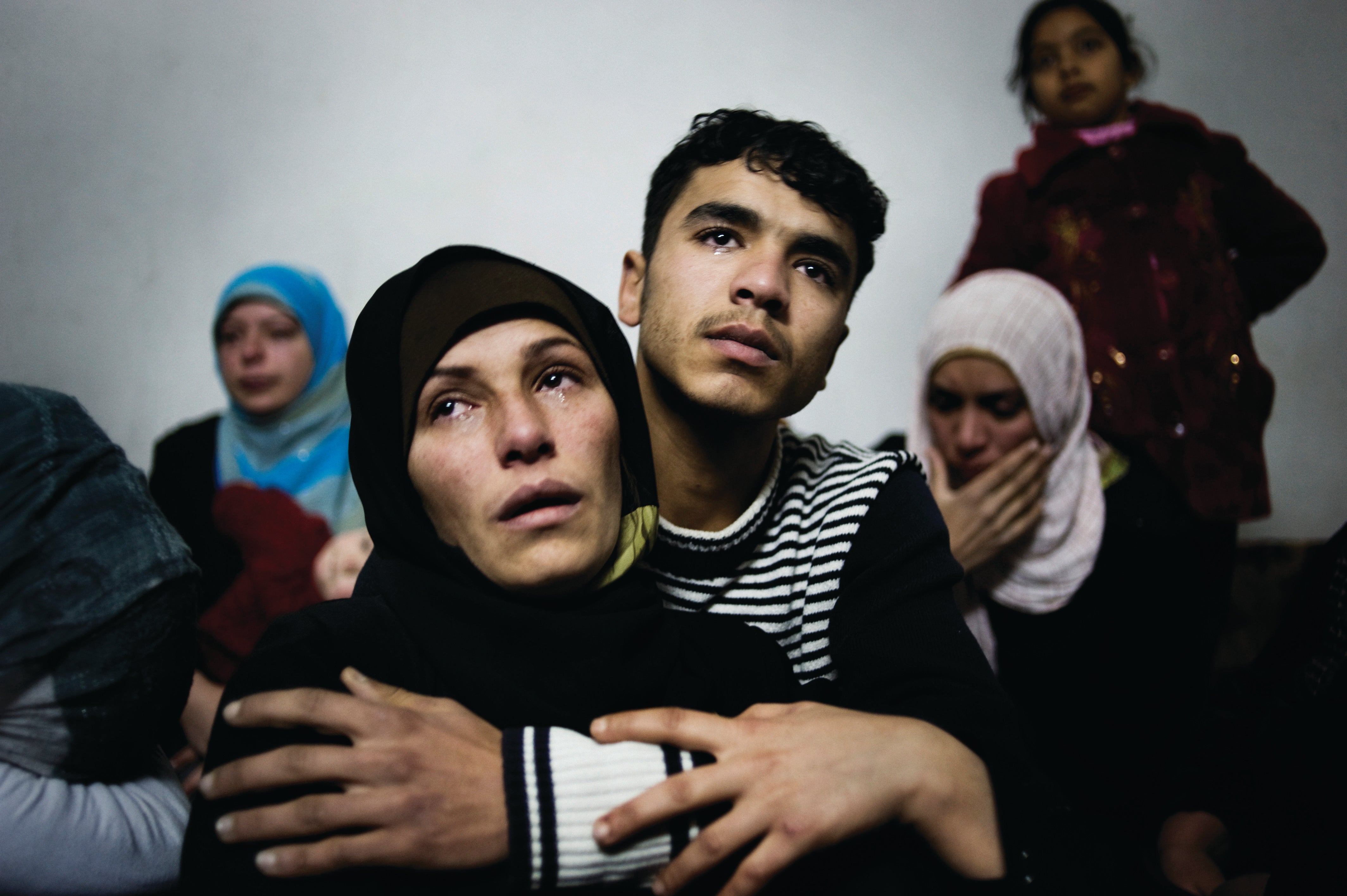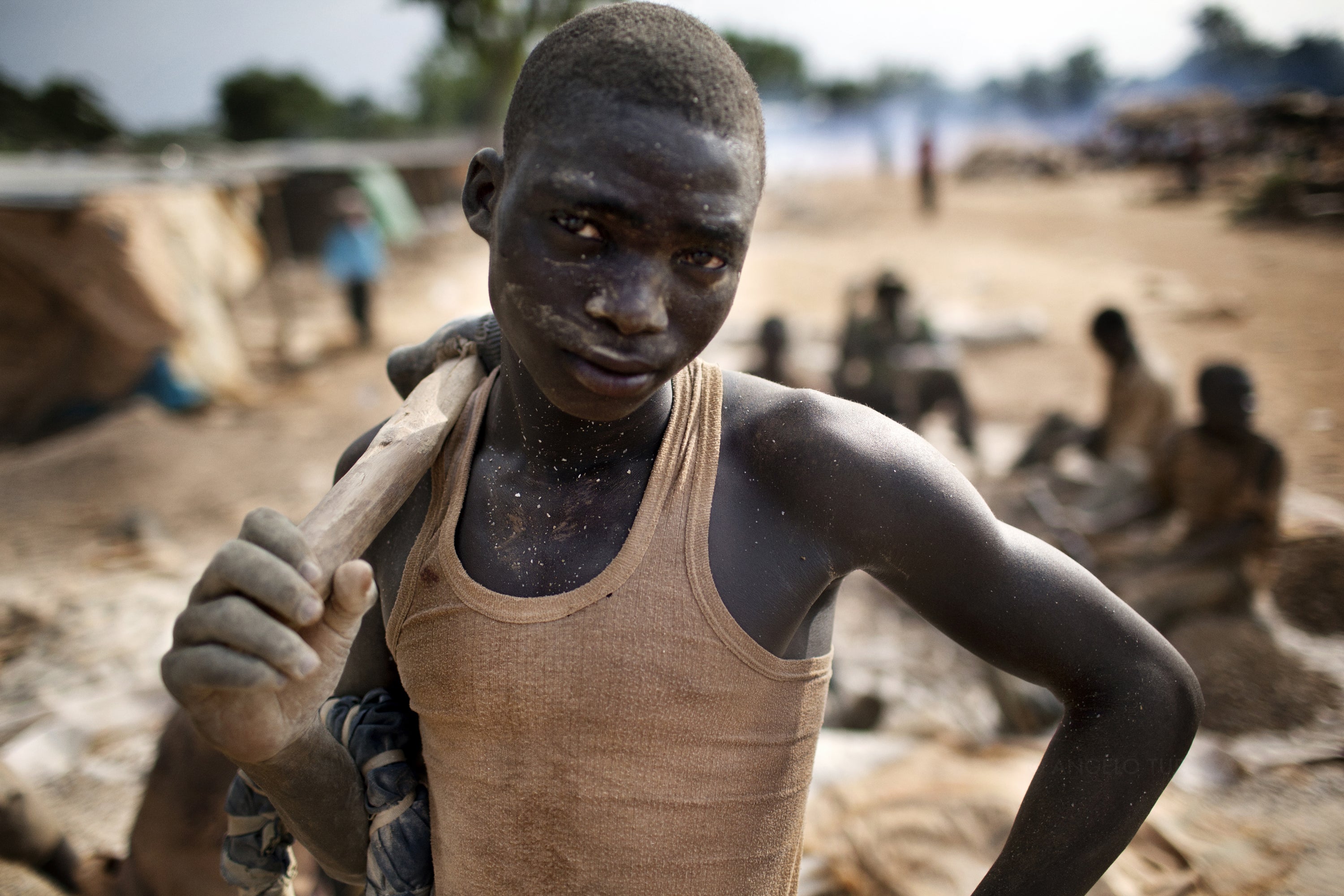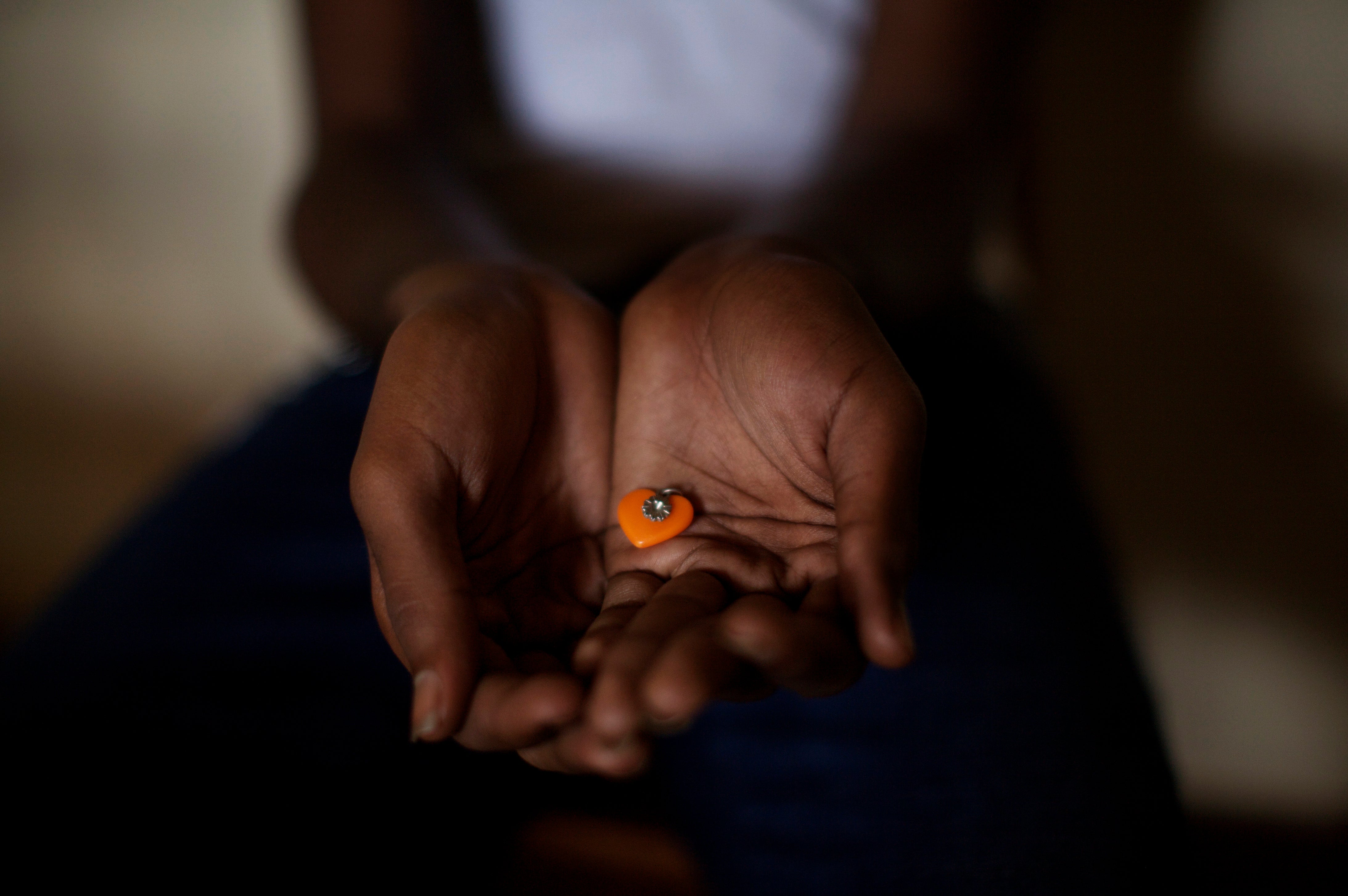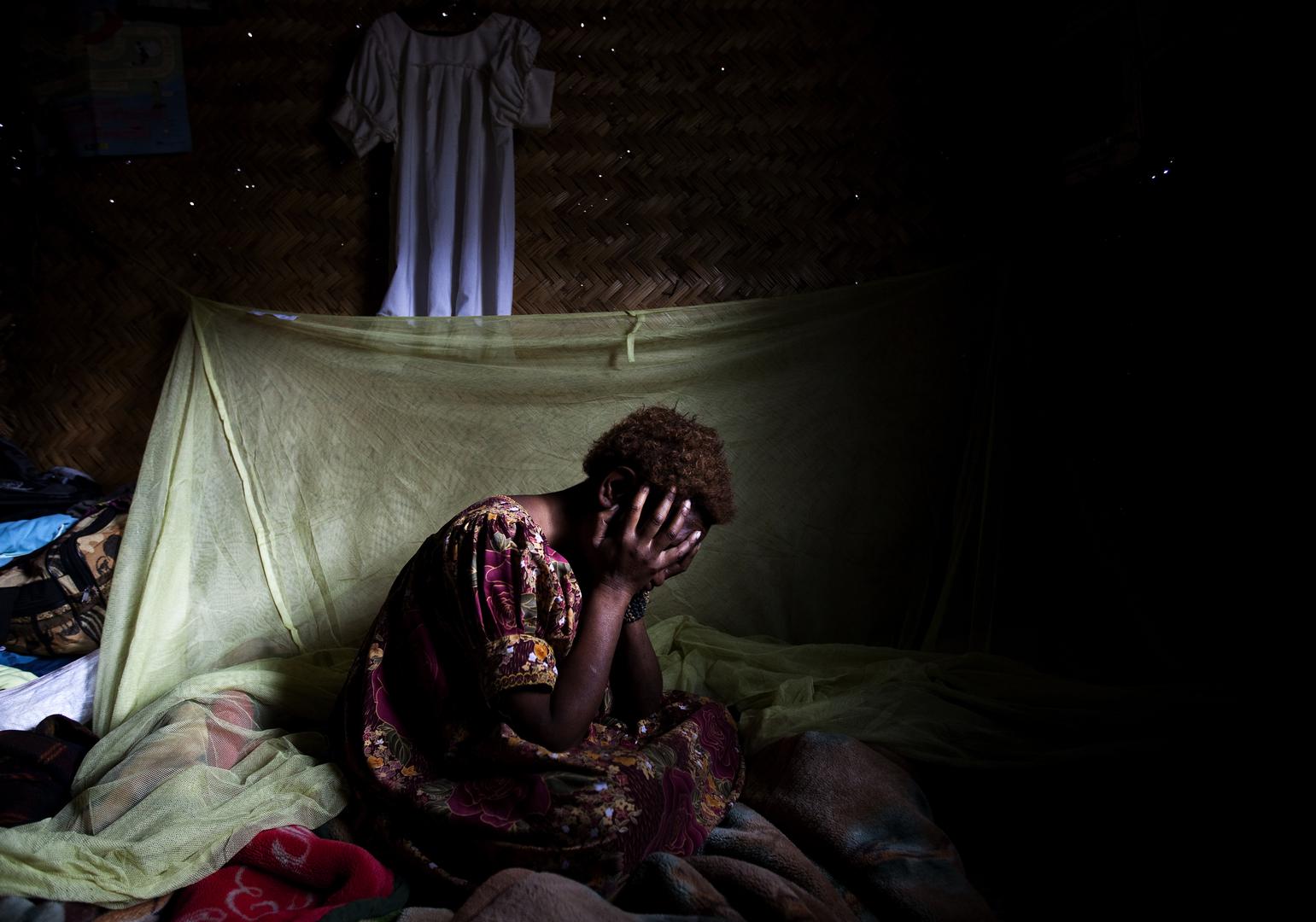Ukraine’s human rights record remained poor in 2012. Candidates and supporters faced violence and harassment from authorities ahead of October parliamentary elections. Opposition leader Yulia Tymoshenko alleged ill-treatment in prison, where she is serving a seven-year sentence, and twoof her former political allies were imprisoned. The government extradited two asylum seekers. Lesbian, gay, bisexual, and transgender (LGBT) activists faced violence and harassment from nationalist groups. Parliament passed an anti-discrimination law and revised laws protecting asylum seekers. The European Union, United States,, and other countries criticized the country’s deteriorating human rights situation.
Parliamentary Elections
Following the October 28 parliamentary elections, President Yanukovich's Party of Regions retained a majority of seats. The ultra-nationalist Svoboda party made it into parliament for the first time, securing 9 percent of seats. The absence of leading opposition figures as candidates marred the elections. The Organization for Security and Co-operation in Europe (OSCE) reported pre-election violations, including beatings of and threats against opposition candidates and campaign workers, and pressure on state employees and students to vote for the Party of Regions. The OSCE, EU, and US criticized the elections, citing irregularities, delays in vote-counting, and lack of transparency in electoral commissions. Election results were annulled in five districts because of irregularities.
The November 2011 parliamentary elections law failed to reflect recommendations of the Council of Europe’s (CoE) Venice Commission and the OSCE; the law introduced a mixed majoritarian-parliamentary system, increased the threshold to enter parliament, and banned electoral blocks.
Rule of Law
In April, former Prime Minister Yulia Tymoshenko alleged that prison authorities in Kharkiv beat and denied her adequate medical care for chronic back problems. In May, Tymoshenko was transferred to a civilian hospital for treatment. Tymoshenko was sentenced to seven years in prison in 2011 on abuse of office charges related to a natural gas contract with Russia.In August, Ukraine’s Specialized High Court rejected her appeal.
At least 20 former officials from Tymoshenko’s government are under investigation or have been charged with alleged crimes. In February, a Kiev court sentenced Yuri Lutsenko, minister of interior under Tymoshenko, to four years in prison on charges of embezzlement and abuse of office. In August, Lutsenko was convicted on additional charges. In July, the European Court of Human Rights (ECtHR) found that Ukraine violated Lutsenko’s right to liberty and security of person, with respect to both his arrest and ongoing detention. In April, a Kiev court sentenced former acting Defense Minister Valerii Ivashenko to five years in prison for abuse of office. Ivashenko was released on appeal.
Migration and Asylum
Amendments to the criminal procedure code brought it into line with international standards by specifying protection from refoulementfor asylum seekers and prohibiting extradition of recognized refugees. However, Ukraine extradited two men recognized as refugees by the United Nations High Commissioner for Refugees (UNHCR) who faced a clear risk of torture. One was extradited to Russia in August and the other to Uzbekistan in September.
In January 2012, 58 Somali asylum seekers detained in Zhuravychi, northwestern Ukraine, went on hunger strike over severe delays in, and lack of access to, asylum claim application procedures. Local police suppressed the protest using tear gas and by beating detainees with batons. Some protesters received asylum following the incident.
In a report on Ukraine’s implementation of benchmarks under visa liberalization negotiations, the EU found that despite 2011 reforms, some asylum law provisions still contradict international standards, including the short appeals period and the potential for agencies other than the state migration service to revoke refugee status.
Sexual Orientation and Gender Identity
On May 19, unidentified assailants defaced photographs at a Kiev exhibition depicting lesbian, gay, bisexual, and transgender (LGBT) families in Ukraine.
At a May 20 press conference, LGBT Pride organizers cancelled the march scheduled for that day in Kiev because police claimed they could not protect participants from potential violence from neo-Nazi and nationalist groups planning a protest at the same time and location.
After the press conference, five men beat Kiev Pride organizers Svyatoslav Sheremet and Maksim Kasyanchuk. The authorities opened a criminal investigation but failed to identify the suspects despite video recordings of the attack, and failed to consider the activists’ sexual orientation or activism in the investigation.
In June, an unidentified man approached Kiev Pride head Taras Karasiichuk near his home, asked his sexual orientation, and beat him, breaking his jaw and giving him concussion. Investigators were unable to identify the attacker.
On July 2 and 9, neo-Nazis and nationalists verbally attacked and tore posters belonging to LGBT activists who were protesting in Kiev against two draft laws regarding “promotion of homosexuality” in the public domain and media. The first law, which imposes up to five years’ imprisonment, was passed by parliament on October 2 in a first reading. The second law, claiming to “protect children,” envisions administrative fines of up to US$1,500. On July 2, police intervened and detained one individual. On July 9, police who were present at the rally did not intervene.
Hate Crimes and Discrimination
Roma, Crimean Tatars, and other ethnic minorities faced violence from neo-Nazi groups. In September, for example, a group of unidentified people threw a Molotov cocktail into a Roma settlement in Uzhgorod, southwestern Ukraine. Police subsequently provided the settlement with 24-hour protection.
In October, the ECtHR ruled that Ukraine failed to effectively investigate a similar attack in 2001 that killed five members of a Romani family.
In September 2012, parliament passed an anti-discrimination law, which prohibits discrimination in public services, courts, employment, healthcare, education, housing,and other areas. The law does not include sexual orientation, citizenship, occupation, political affiliation, or labor union membership as protected categories. President Viktor Yanukovych signed the bill despite calls from a coalition of 34 nongovernmental organizations to veto the legislation due to insufficient parliamentary review.
In July 2012, parliament passed a controversial state language law allowing the use of 18 minority languages in regions with at least 10 percent minority language speakers. Russian became a regional language in 13 out of 27 regions. The OSCE high commissioner for national minorities called the law “deeply divisive” for disproportionately favoring Russian while “removing most incentives for learning or using Ukrainian,” and criticized the law’s hasty adoption.
Civil Society
On August 1, two unidentified assailants attacked and beat environmental activist Volodymyr Honcharenko from Dnipropetrivsk. Honcharenko died from his injuries three days later. A few days before the attack, Honcharenko publicized allegations about radioactive scrap metal dumped in the city of Kryviy Rig, in southeastern Ukraine. The authorities have not identified a suspect in Honcharenko’s death or investigated the environmental concerns.
The OSCE’s September interim election report noted the lack of political pluralism on television. In 2011, TVi television station, the only remaining national broadcaster openly criticizing the ruling party, was denied a license under the transfer to digital broadcasting, forcing it to rely on cable networks. Several cable providers excluded TVi in the 2012 pre-election campaign, apparently under pressure. In September, a Kiev court ordered TVi to pay four million hryvnas ($485,000) in back taxes, nearly forcing the station’s closure.
In August, investigators identified a former Kharkiv police officer as the main suspect in the murder of Novy Styl newspaper editor Vasyl Klymentyev, who disappeared in August 2010 after reporting on official corruption in Kharkiv.The suspect remained at large.
The ongoing trial of Oleksy Pukach, a senior ministry of interior official charged with murdering journalist Grihory Gongadze in 2000, remained closed. Human rights groups criticized the authorities’ failure to investigate alleged pressure on investigators by other suspects.
In March 2012, parliament passed a new law on public associations simplifying registration procedures and expanding the scope of approved activities for NGOs, in response to CoE recommendations from 2007.
Health
Tens of thousands of patients with advanced cancer suffer from severe pain and other symptoms every year. In order to improve access to quality palliative care services, the government took several preliminary steps to make oral morphine available. At this writing, the government was also considering adopting new drug regulations that remove many barriers to accessing strong pain medications.
Ukraine continued to slowly expand the number of people with opioid drug dependence receiving opiate substitution treatment—a key HIV prevention intervention—but remained far from meeting medical need. In prisons, which hold many injecting drug users, opiate substitution treatment remained unavailable.
Key International Actors
Ukraine’s international partners repeatedly criticized Ukraine’s deteriorating human rights record.
A May 2012 report by the European Commission and a September statement by Stefan Füle, the commissioner for enlargement and neighborhood policy, stressed that a proposed association agreement between the EU and Ukraine hinges upon concrete actions on human rights concerns, including politically motivated prosecutions, fair and transparent elections, judiciary reform, freedom of media and association, and ill-treatment in detention.
The UN’s Office of the High Commissioner for Human Rights (OHCHR), the EU, US, and others condemned the draft laws on propaganda of homosexuality.
Leaders from the United Kingdom, Italy, Germany, and France boycotted the Union of European Football Associations(UEFA) European Football Championship in Ukraine in July to protest Tymoshenko’s imprisonment and alleged ill-treatment.
The US repeatedly criticized the cases against Tymoshenko and Lutsenko as politically motivated and called for their release. The US Embassy in Kiev criticized amendments to the Law on Procuracy for failing to balance law enforcement and the judiciary and protect the presumption of innocence.
The UN Human Rights Council’s (HRC) Universal Periodic Review (UPR) in October called on Ukraine to combat racism and xenophobia, enact legislation that protects LGBT people from discrimination, and ensure fair trial rights and freedom of expression.




